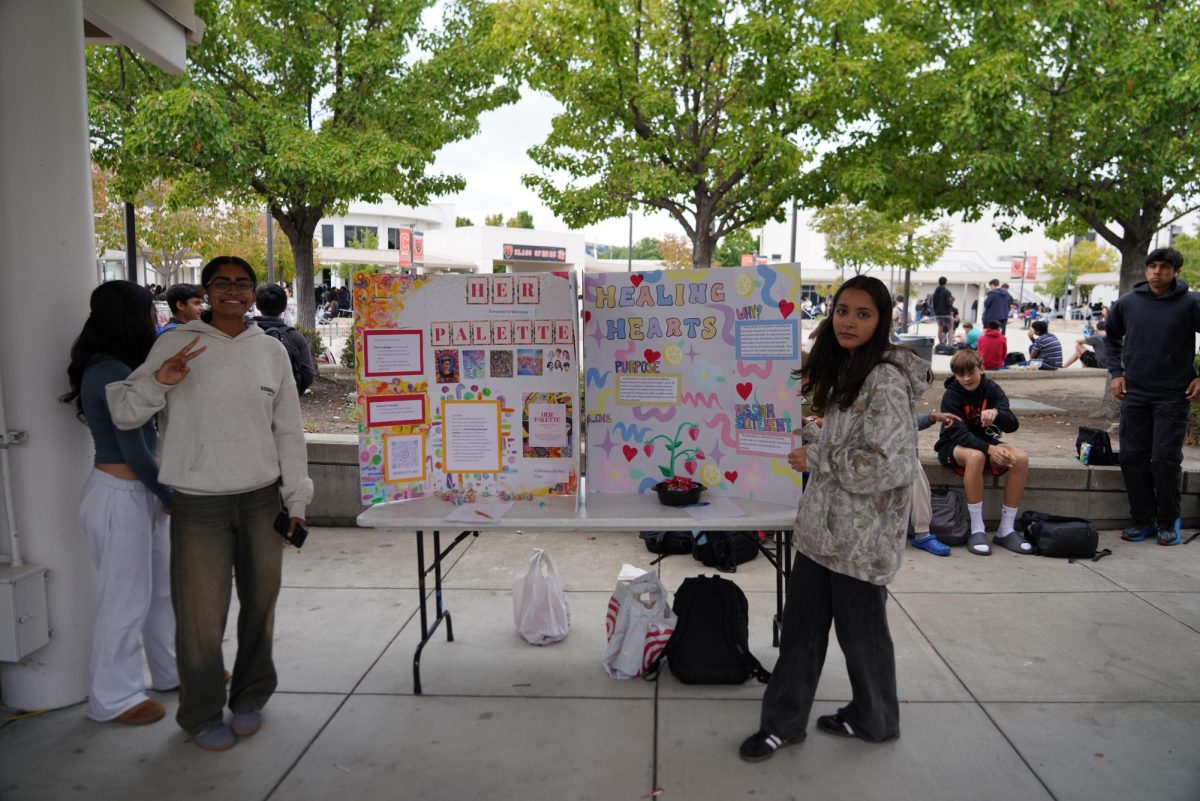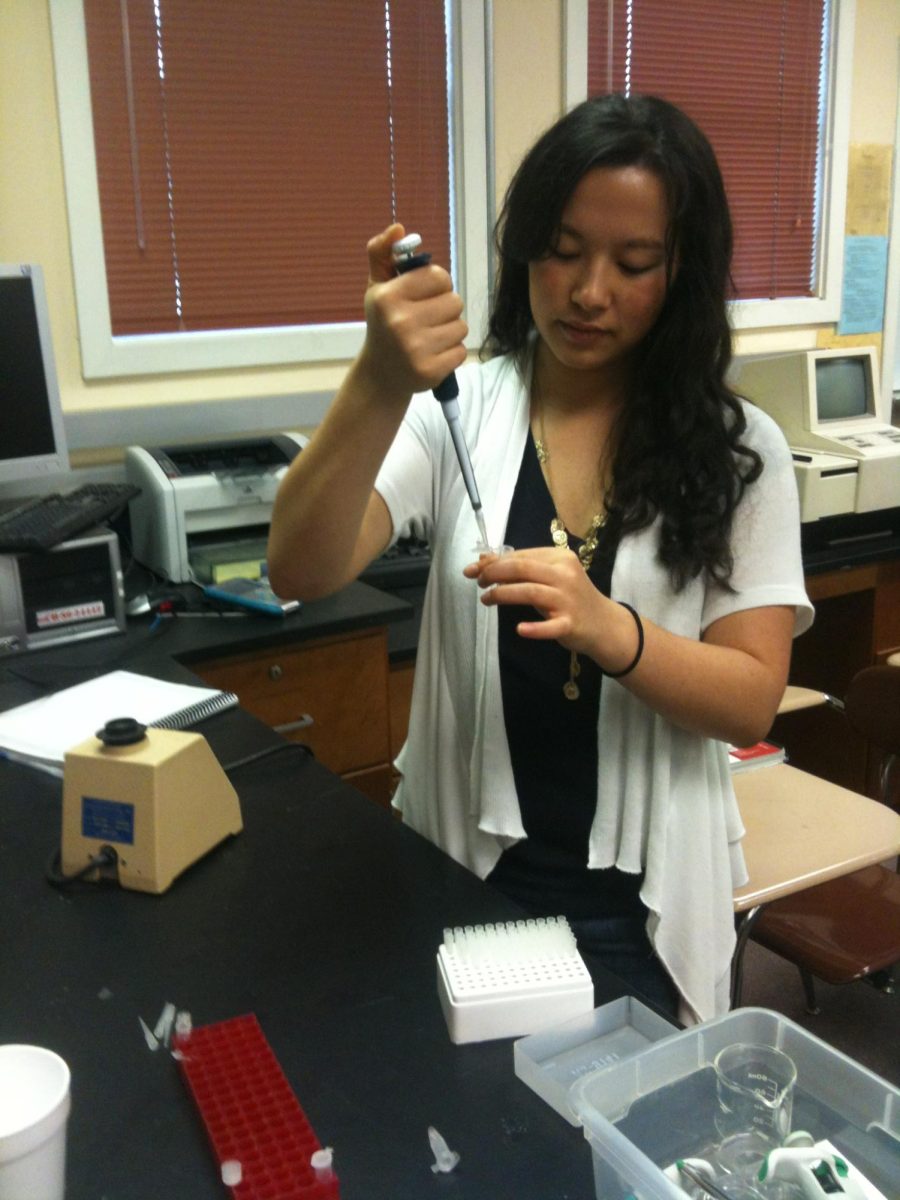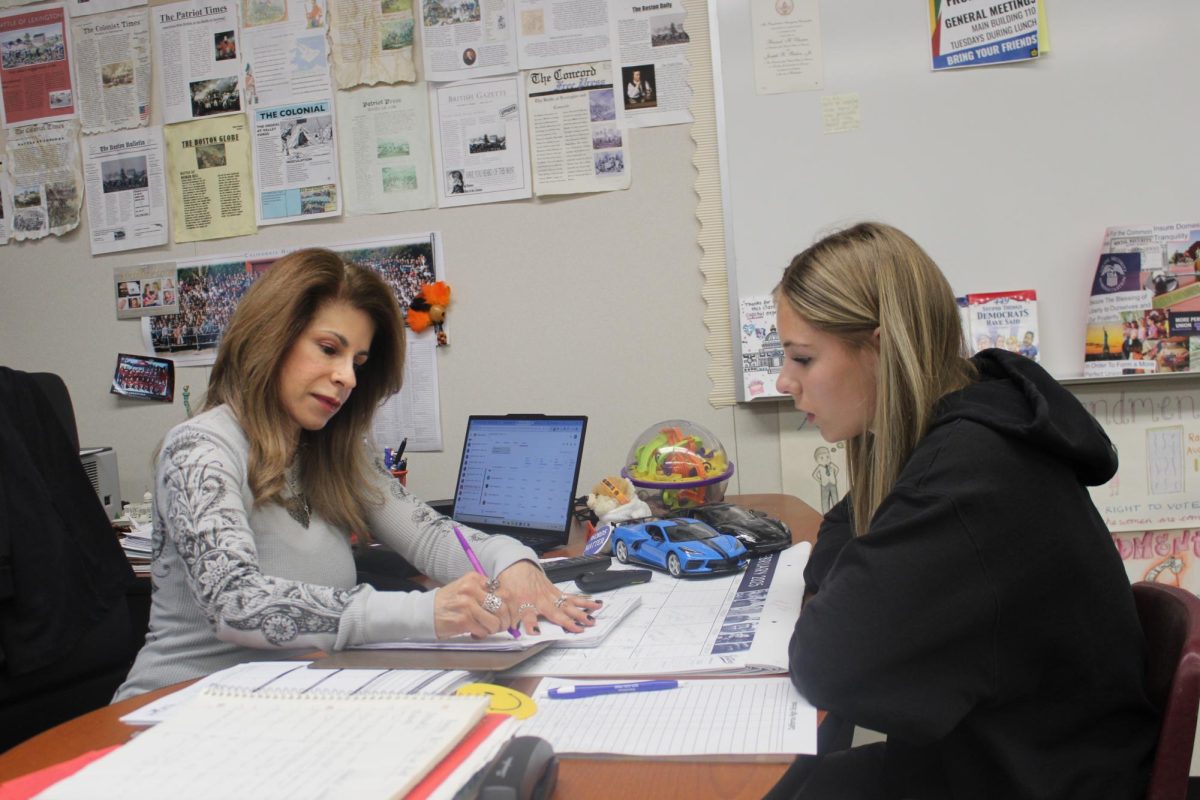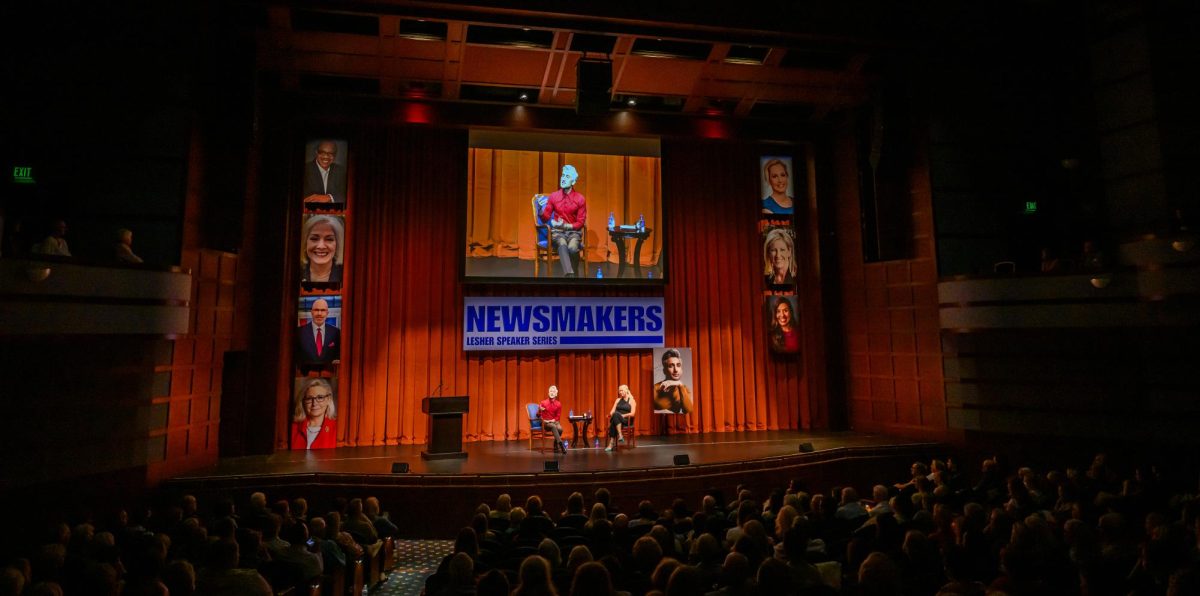Cal High’s leadership class made the decision last school year to change club application due dates so they would no longer be due at the beginning of the school year.
This change resulted in all of this year’s clubs having to submit their applications before the end of last school year.
Leadership adviser Troy Bristol said accepting club applications at the beginning of the school year had become too hectic and time-consuming because all of the applications had to be reviewed.
“It gives us a very short timeline, which makes it hectic for us, but hectic for clubs as well,” Bristol said. “Because in essence, what we want to do is get the clubs operating as quickly as possible.” Bristol said many students had emailed staff members with ideas for clubs throughout past years but were unable to follow through because the due date had passed.“People come up with ideas throughout the year,” Bristol said. “If we say, you have to submit it within the first three weeks of the school year, then someone thinks it’s in November, it’s too late. So, let’s just do it at the end of the school year in advance of the next year.”
This decision has received mixed reviews from students and staff. For some students, it made the club application process harder.
Senior Paloma Jackson Kimball, president of the Climbing Club and co-president of the Restorative Justice Club, struggled with the new change.
“It meant that we couldn’t do any recruiting for this year,” Kimball said. “We had to have everything already planned when it came to teacher advisers.”
Kimball admitted that planning for the beginning of this school year at the end of last school year was difficult, considering how far ahead it was.
“Usually, [my club members and I] take the summer to plan out stuff, but it felt like you had to have that figured out last year,” Kimball said.
Bristol is aware of this, but isn’t fazed.
“Anytime you change the way something works, there’s gonna be some confusion and clunkiness,” Bristol explained. “A year, two years, three years, then it becomes the norm for everybody.”
Bristol isn’t the only staff member optimistic about the change. World Geography and Culture teacher Kacie Endicott appreciates the change.
“I loved it,” Endicott said. “The beginning of the school year is already really chaotic and so getting it done in the spring was really helpful.”
Endicott said the change helps identify students that are serious about their clubs and gets them started early.
But a couple of students had some problems with the late notice of the due date change.
“I really disliked it because it was like [leadership] didn’t tell us about it, and they gave us such a short deadline to make the club,” said sophomore Farah Shraim, treasurer of the Origami Club.
Bristol knows that some students feel the change was announced late, but he related it to a bigger challenge with communicating leadership events and announcements to the student body.
“We communicate [events and announcements] everywhere we know how, as much as possible,” Bristol said. “And anything we do, we have whole bunch of people that say, ‘I didn’t know anything about that’.”
Not only did the change exclude some students that missed the date, it also prevents freshmen from being able to create a club. Freshman Hayoung Lee, dislikes this development.
“I do want to start a club,” Lee said. “I think [freshman] should be able to [create a club], because it’s [an] opportunity to work on your leadership skills while you’re young.”
Endicott has some words of advice for any students that missed the application date and for any freshmen who were hoping to start a club this year.
“There are so many clubs that a great thing to do is to join a club with similarities to what you want to do,” Endicott said. “Work with them, learn from them, then start your club the following year.”
Endicott noted that sometimes clubs have the same goals, and having them work together is better than having multiple variations of the same club.
“They’d be more powerful that way,” Endicott said.
Despite the struggles with the sudden change, the prohibiting of freshman from creating a club and the club duplicates, Kimball still feels that it won’t impact how clubs run.
“I’m sure that leadership has a good reason for it, so I have no complaints,” Kimball said. “I think once meetings start, [clubs will] run the same.”







